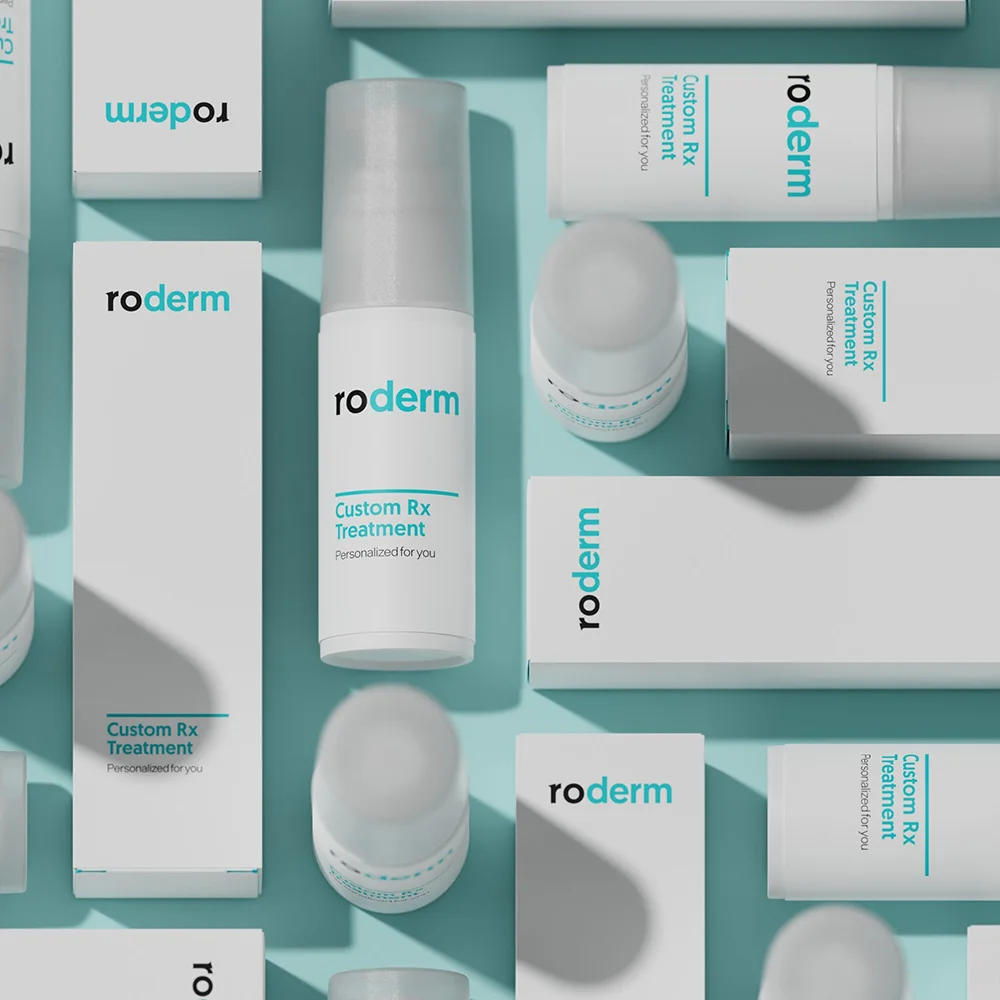Should you avoid washing your face to keep your skin looking young?

Reviewed by Chimene Richa, MD,
Written by Linnea Zielinski
last updated: Oct 25, 2021
3 min read
Here's what we'll cover
Concerns about aging are entirely normal and expected—just look at how much people spend on anti-aging treatments. There’s a lot of information out there—some good, some bad—on how to reverse aging (or at least look like you did). One rumor is that not washing your face will keep your skin looking young. Read on to learn about whether this potential anti-aging strategy is fact or fiction.
The pros and cons of washing your face
Washing your face doesn’t necessarily speed up the process of aging. However, the way you wash your face and the products that you use may damage your skin. Damaged skin looks dry, unhealthy, and can be prone to fine lines and wrinkles.
Over-exfoliating is an example of a good intention gone wrong. Most people exfoliate to get rid of dead skin cells, promoting cell turnover, and improving skin radiance. Exfoliating too much or too often, though, can damage your skin. It can become dry, allowing fine lines and wrinkles to appear (Rodan, 2016).
Overwashing your face can also damage your skin’s protective barrier, affecting its ability to retain moisture. Dry skin stimulates irritation and inflammation, factors that can contribute to premature aging. Rubbing aggressively, even if you’re not using an exfoliating product, can also damage your skin. And you won’t get any additional cleaning benefit from it, either (Rodan, 2016).
Washing your face is part of a healthy skin routine—you need to rinse off the build-up of dirt and excess oil. This gunk can clog pores and lead to acne (i.e., pimples, blackheads, etc.) (Sutaria, 2021). Cleansing in the evening helps eliminate dirt, pollutants, and makeup that accumulate throughout the day. In the morning, you are washing off any residue that builds up overnight.
The best way to wash your face
Washing your face twice a day—in the morning and again in the evening—should always remain part of your skincare regimen. The important thing to remember is to use a gentle cleanser—nothing too harsh that can cause irritation and damage the epidermis layer. If you’re unsure which products are right for your skin, you can talk to a dermatologist who can speak to your specific skin issues.
Your washing method also matters. Make sure that you wash your face in gentle circular motions using your hands. Avoid washing your face with washcloths as they can also irritate the skin due to their rough texture. When finished, gently dab (don’t rub) your face dry with your towel.
Does skin type influence the way skin ages?
Your skin type will influence how some signs of aging show up, but not whether you age faster. Your skin gets thinner and dryer as it ages because you lose moisture-holding compounds (like hyaluronic acid) and dermal skin cells. Combine this with the loss of collagen and elastin, proteins responsible for maintaining skin structure, and you are left with fine lines and wrinkles (Zhang, 2018).
People with dry skin tend to have a more exaggerated appearance of lines and wrinkles because of the lack of skin hydration and moisture. This does not mean that someone who has dry skin will age faster than someone with oily skin or vice versa if they have the same lifestyle and skincare regimen. Similarly, sensitive skin or combination skin may show signs of aging differently, but that won’t affect the rate at which your skin ages.
But there are things that do affect the rate. We all age differently depending on our lifestyle and diet, but genetics also plays a role. So, though there are ways to change how aging appears on your face, the best ways to address aging are through healthy lifestyle habits. The most important things are wearing sunscreen daily, maintaining a healthy diet, and using skincare products that contain hyaluronic acid as an ingredient.
Ways to look younger
Again, lifestyle and dietary habits are the biggest factors to help you look younger. Adopting healthier habits that slow the aging of our cells will have visual effects on the skin. But if you already have those habits down, it may be time to look at your skincare. The one area where these overlap is sunscreen. Sunscreen is also proven to help keep your skin looking young by helping to prevent sun damage, which results in wrinkles forming, sunspots, hyperpigmentation, and, even worse, skin cancer (Shanbhag, 2019).
Maintaining a proper skincare regimen will also help you keep healthy and youthful skin. Your routine should include a gentle cleanser that will remove all the dirt and excess oil build-up without being too harsh and causing damage. Wearing moisturizer is very important because it maintains your skin’s moisture balance—especially for people with dry or oily skin. Moisturizers provide the right amount of hydration to prevent dullness of the skin, which heightens the appearance of premature aging.
DISCLAIMER
If you have any medical questions or concerns, please talk to your healthcare provider. The articles on Health Guide are underpinned by peer-reviewed research and information drawn from medical societies and governmental agencies. However, they are not a substitute for professional medical advice, diagnosis, or treatment.
Rodan, K., Fields, K., Majewski, G., & Falla, T. (2016). Skincare bootcamp: the evolving role of skincare. Plastic and Reconstructive Surgery: Global Open , 4 (12 Suppl Anatomy and Safety in Cosmetic Medicine: Cosmetic Bootcamp), e1152. doi: 10.1097/GOX.0000000000001152. Retrieved from https://www.ncbi.nlm.nih.gov/pmc/articles/PMC5172479/
Shanbhag, S., Nayak, A., Narayan, R., & Nayak, U. Y. (2019). Anti-aging and sunscreens: paradigm shift in cosmetics. Advanced Pharmaceutical Bulletin , 9 (3), 348–359. doi: 10.15171/apb.2019.042. Retrieved from https://www.ncbi.nlm.nih.gov/pmc/articles/PMC6773941/
Sutaria, A. H., Masood, S., & Schlessinger, J. (2021). Acne vulgaris. [Updated Aug. 9, 2021]. In: StatPearls [Internet]. Retrieved on Oct. 21, 2021 from https://www.ncbi.nlm.nih.gov/books/NBK459173/
Zhang, S., & Duan, E. (2018). Fighting against skin aging: the way from bench to bedside. Cell Transplantatio n, 27 (5), 729–738. doi: 10.1177/0963689717725755. Retrieved from https://www.ncbi.nlm.nih.gov/pmc/articles/PMC6047276/










